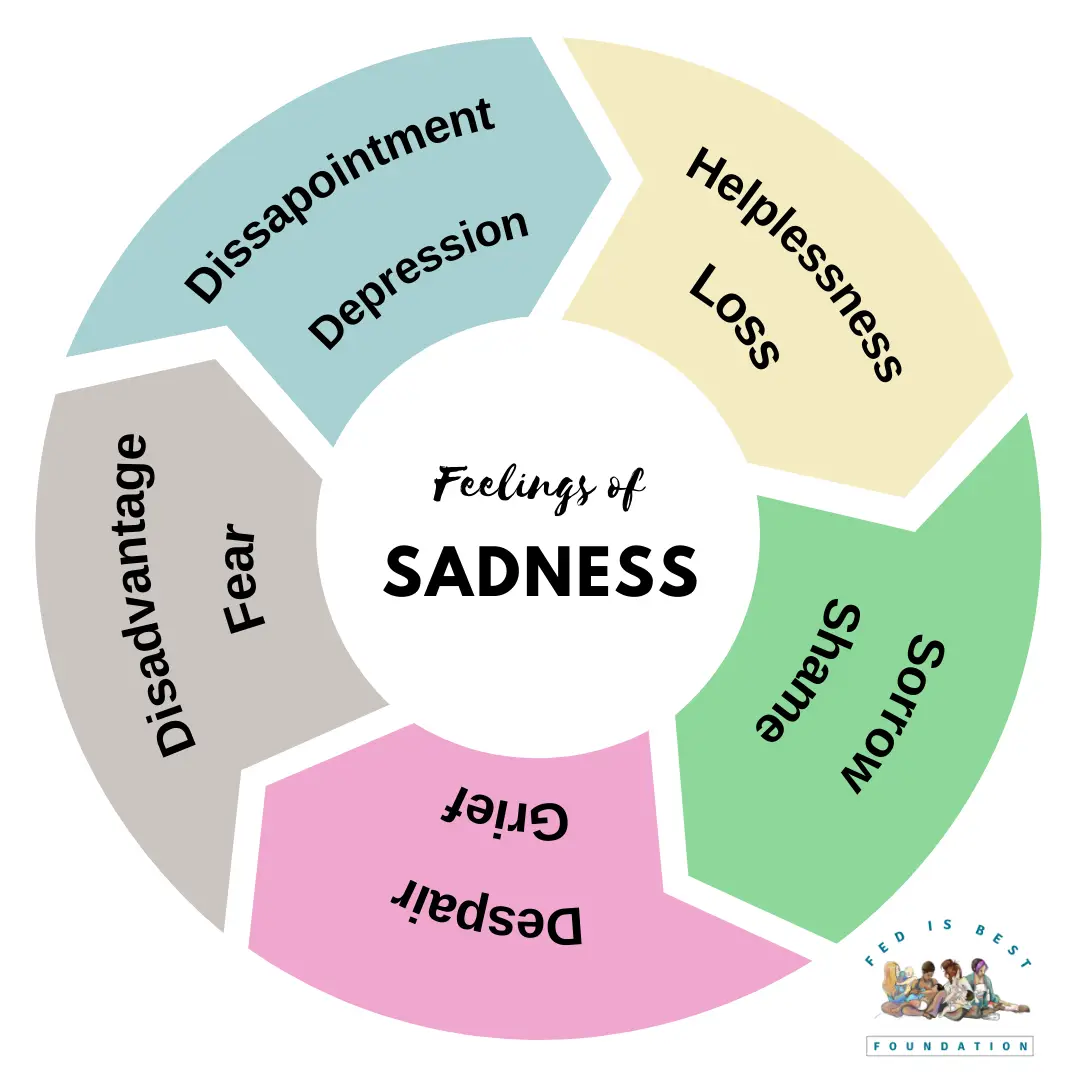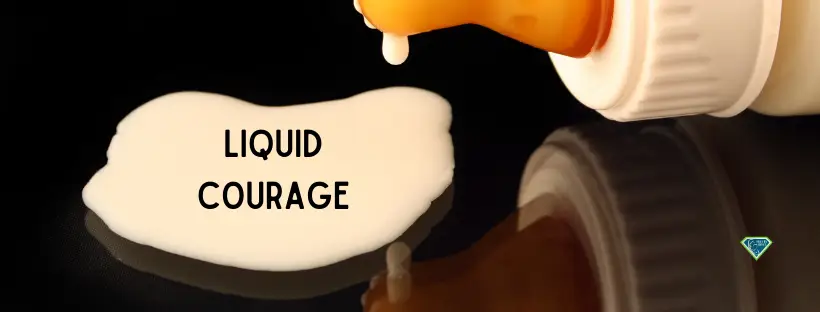My name is Sarah Edge, and I am a counsellor psychotherapist and mum of two. After my experience with breastfeeding trauma, guilt, and shame, and the associated decline in my mental health after the birth of my son, I was motivated to start my own practice specialising in postnatal mental health.
I suspect that most of you reading this are doing so because you have your own experience of infant feeding guilt or trauma, where breastfeeding didn’t work out how you had planned. My personal story is a tale as old as time. My son was born late preterm, healthy but sleepy and unable to latch. He developed significant jaundice and low blood sugars, resulting in us returning to the hospital, and him being admitted onto the children’s ward at five days old.
I tried everything to breastfeed: nipple shields, continuous pumping, cup feeding expressed breast milk, triple feeding, lactation consultants, and infant feeding professionals. I had alarms set every 90 minutes to feed my son, and I kept this up for almost two weeks without any results. His feeding consultant then prescribed him formula milk, and he began to thrive. He was happy and healthy, and we returned home to start our lives as a family of three, this time formula feeding him.
My baby was finally thriving but I was not. I was left with so much sadness, jealousy, disappointment, and animosity towards breastfeeding. World Breastfeeding Week was unbearable, as the social media pages were flooded with beautiful photos of babies at breast, and seeing other women breastfeeding sparked this intense and animalistic jealousy I had never felt before.
So why was I left with all this sadness?

Sadness is an emotion that is associated with feelings of loss, sorrow, depression, grief, guilt, disappointment, shame, despair, helplessness, fear, and disadvantage. It can be difficult to shake and needs to be processed.
I was personally experiencing grief. I had suffered a loss. Breastfeeding was important to me, and my feelings were—and are—absolutely valid.
No matter the reasons you could not breastfeed—and there are countless—you are allowed to mourn the loss of breastfeeding. Just because your baby is thriving without breastmilk doesn’t mean you don’t deserve to grieve or ask for support or comfort, especially if healing has been difficult.
Continue reading →





